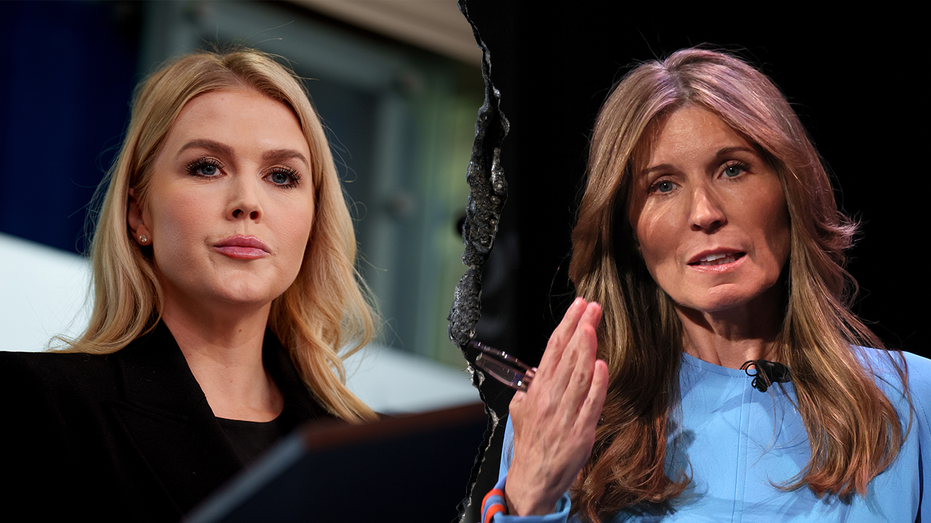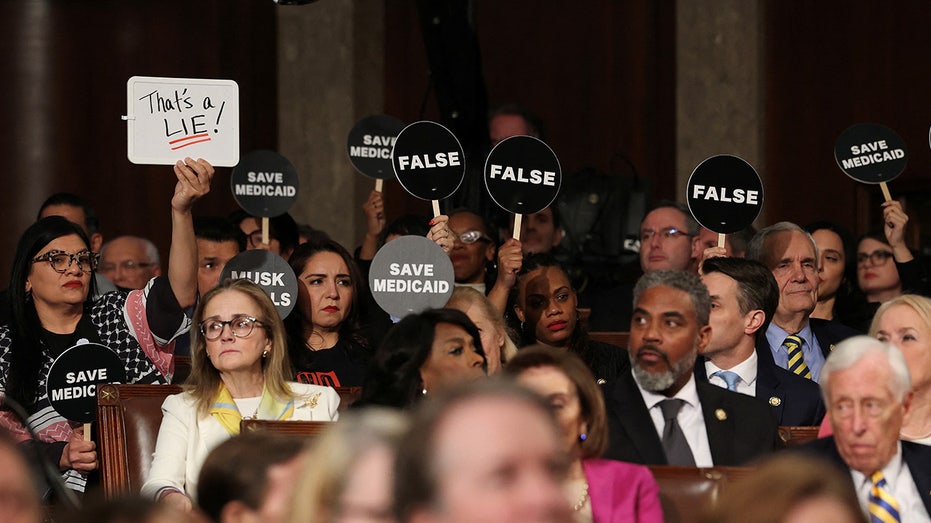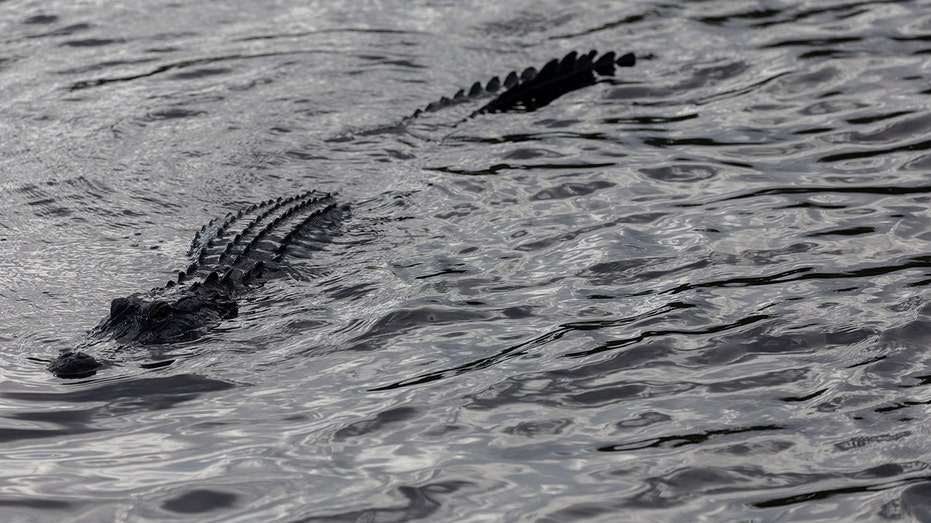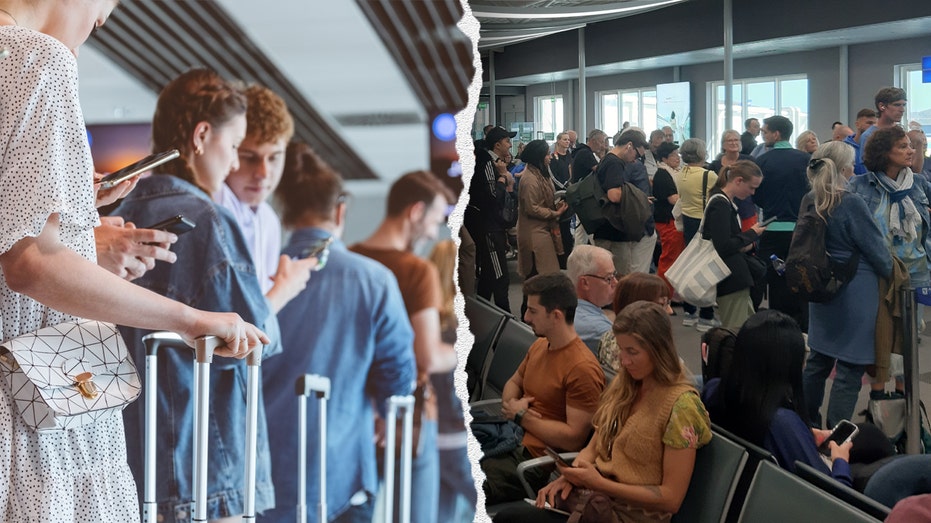- by foxnews
- 06 Mar 2025
?If you are vaccinated you can play?: Rafael Nadal short on sympathy for Djokovic
‘If you are vaccinated you can play’: Rafael Nadal short on sympathy for Djokovic
- by theguardian
- 07 Jan 2022
- in news
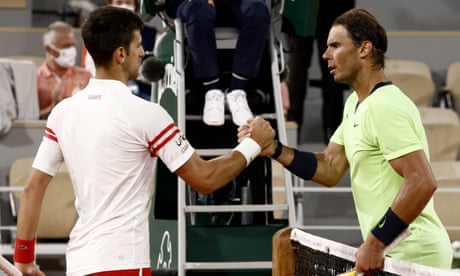
The ignominy of Novak Djokovic's attempt to enter Australia to pursue a record 21st grand slam singles title was driven home on Thursday when Rafael Nadal responded to the world No 1's visa cancellation by stressing the necessity of being vaccinated against Covid.
After spending his first night in Australia at the airport being interrogated by border officials, Djokovic spent the second in a quarantine hotel awaiting a visa appeal hearing on Monday. It followed an extraordinary day of rolling developments, with the Serbian player at the centre of a diplomatic and political furore over the validity of his medical exemption from Covid-19 vaccination.
Nadal, however, saw it in simpler terms. Speaking after he successfully returned to competition for the first time since August with a straight sets win over Ricardas Berankis of Lithuania, he reiterated that the clearest way to ensure participation in Melbourne was through embracing vaccination and that Djokovic had known the conditions for many months.
"The only thing that I can say is I believe in what the people who know about medicine say, and if the people say that we need to get vaccinated, we need to get the vaccine. That's my point of view," said Nadal.
He continued: "I went through the Covid. I have been vaccinated twice. If you do this, you don't have any problem playing here. That's the only clear thing. The rest of the things, I don't want to have or to give to you an opinion that I don't have the whole information. The only clear thing for me is if you are vaccinated, you can play in the Australian Open and everywhere, and the world in my opinion has been suffering enough to not follow the rules."
Nadal was asked if he felt sorry for Djokovic given the torrid situation his rival is now in, but the Spaniard's response indicated that his sympathy was limited. Nadal said that decisions come with consequences, as has been the case for Djokovic after his decision to fly to Melbourne despite being unvaccinated.
"I think if he wanted, he would be playing here in Australia without a problem. He made his own decisions, and everybody is free to take their own decisions, but then there are some consequences. Of course I don't like the situation that is happening. In some way I feel sorry for him. But at the same time he knew the conditions since a lot of months ago, so he makes his own decision."
Despite the federal government's decision to remove Djokovic's visa after deeming his medical exemption insufficient, he will remain in Melbourne as he awaits the outcome of his legal appeal after the cancellation of his visa on Thursday morning in Melbourne.
Djokovic's court case, presided over by the judge Anthony Kelly, was delayed throughout the day until at 6pm. His urgent appeal in the federal court was held via video call on Thursday afternoon before the hearing was adjourned until 10am on Monday, when there will be a full hearing to determine Djokovic's presence in Melbourne.
An interim court order was later established, ensuring that Djokovic cannot be deported from Australia until after the hearing on Monday. While his challenge could reach the high court, time is extremely limited as the Australian Open begins in 11 days on 17 January.
After being told that Tennis Australia needed confirmation of its entrants before a certain date, Kelly said the timeline would not be dictated by others. "The tail won't be wagging the dog here," Kelly said. "If Tennis Australia decides to do what it wants to do in running its enterprise, it will. All I can do is provide every facility available to this court to assist these parties to resolve it in the best way possible."
Djokovic is staying at a notorious immigration hotel in Melbourne, the Park hotel, which is currently holding 36 asylum seekers, some of whom have been detained for more than eight years.
Djokovic's presence produced an unusual spectacle as some fans gathered around the hotel in support of him while activists used the spotlight on the hotel to protest against the treatment received by asylum seekers. "The real crime at the Park hotel is the ongoing and arbitrary detention of 36 medevac refugees for more than eight years now," said Refugee Action Collective Victoria, in a statement.
Earlier on Thursday, the prime minister, Scott Morrison, blamed Djokovic's visa mix-up on Victoria state. Djokovic is said to have attained his medical exemption by citing a Covid-19 infection over the past six months. However a letter was apparently sent to Tennis Australia officials in November indicating the federal government would not recognise unvaccinated passengers and that those who had been infected with Covid in the past six months would not be considered fully vaccinated.
"People must be fully vaccinated as defined by Atagi [the Australian Technical Advisory Group on Immunisation] to gain quarantine-free entry into Australia," Morrison said. "That means people who do not meet the definition will not be approved for quarantine-free entry.
"Entry with a visa requires double vaccination or a medical exemption. I am advised that such an exemption was not in place and as a result he is subject to the same rule as anyone else. This is nothing about any one individual, it is simply a matter of following the rules."
Victoria's health minister, Martin Foley, contested accusations that the Victorian government was responsible for the visa issue and said the federal government had issued the cancelled visa. "It doesn't say 'Victoria' on the Australian passport. It says 'Australia'. The constitution makes it pretty clear that it is the Australian commonwealth that issues visas, although given how much the commonwealth seems pretty keen on outsourcing responsibility to the states on most things, who knows what the future will be?
Someone issued Novak Djokovic a visa and it wasn't the Victorian government."
Should Djokovic be unable to reinstate his visa, Daniil Medvedev will be the top seed at the Australian Open. HeThe Russian spoke about the situation after play on Thursday."It's tough to say. If he had a fair exemption from the rule, well, he should be here; if he didn't, he shouldn't be here. To be honest, it sounds easy, but again, it seems very tough in real life."
- by foxnews
- descember 09, 2016
'Gate lice' run-ins have flyers demanding more airlines 'crack down' on pesky travel trend
Passengers are asking major airlines to do something about "gate lice" problem at airports. American Airlines currently has new tech to stop the line-cutters.
read more